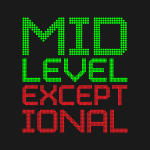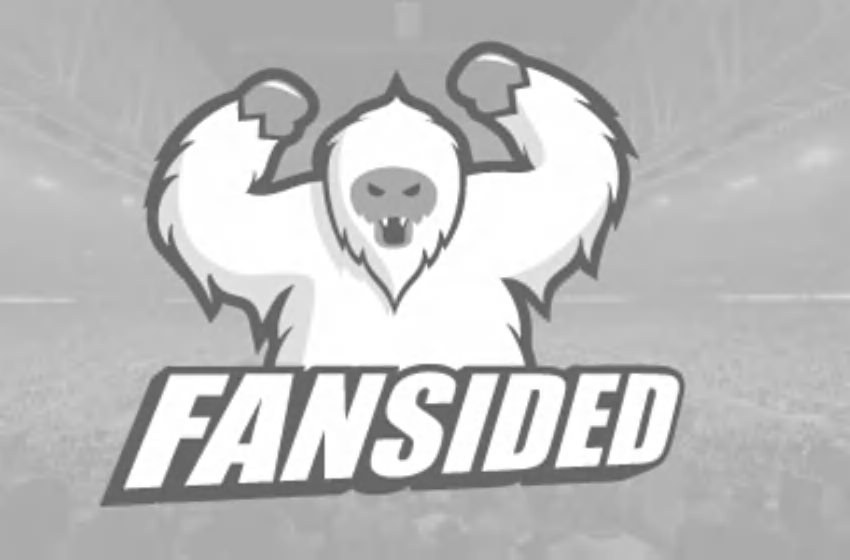Atlanta Hawks Sale Could Reverse Recent Overvaluation Trend
In the midst of its preseason, the NBA is conducting business as usual. The league signed a new media rights deal, voted against lottery reform, sent multiple teams overseas for preseason games, once again hosted its Global Games in five countries, sand of course had the usual slate of warm-up contests on the mainland over the last few weeks. Fans are undoubtedly counting down the days until they can see the new-look Cleveland Cavaliers, another run for the San Antonio Spurs, the return of the Charlotte Hornets, and what special toys the Los Angeles Clippers will have now that extreeeemely excited owner Steve Ballmer is on board.
While all of that is building anticipation in all the right places for the league, another story of racial insensitivity leading to the sale of a NBA franchise continues to lurk in the background.
Thanks to Atlanta Hawks Owner Bruce Levinson‘s infamous email and general manager Danny Ferry’s beyond ignorant scouting report on potential signee Luol Deng, the team finds itself in the market for a buyer. Levinson made it known that he would be selling his controlling interest in the team after the email became public.
On one hand, this could be viewed as a seller’s market. After all, the Milwaukee Bucks sold for $550 million earlier this year after being valued at roughly $400 Million in January by Forbes. (This valuation includes revenue and operating profit, which are two common factors in corporate valuation.) That was the largest sum ever paid for an NBA franchise, until it was surpassed by the Los Angeles Clippers’ $2 billion sale in August, a sum that was again comically higher than the estimated (again, by Forbes) valuation of $575 million.
Like the Clippers, controversy has brought the Hawks to the point of being sold. Unlike the Clippers, the Hawks do not play in their games in a sold-out Staples Center in downtown Los Angeles. The team notably does not sell out playoff games and has been in the bottom third of the league in attendance for the last three years, despite being a playoff team each of those seasons. This harsh bit of reality represents a lack of leverage that the team has entering any negotiation for sale, and obviously impacts the valuation of the franchise.
Because of their poor attendance history, the Hawks’ sale has the potential to bring a halt to the trend of insanely over-valued NBA franchise acquisitions.
That is not to say that the Hawks will reverse this trend; we see irrational behavior in the world of business everyday. In fact, the probable reality is that there is a rich person out there that is willing to overspend for a team in a city that has moderately supported the Atlanta Braves – who have fluctuated between 13th and 18th in attendance since 2010 despite winning at least 89 games in all but this past season; and the Atlanta Falcons – who won 13 games twice over the past four seasons yet have not cracked the top 10 in attendance over that time.
In a sane market, figures like this would leave a team like the Hawks without leverage. Leverage is the end zone in negotiation and finding it might as well be like finding the pot of gold at the end of a rainbow.
Many negotiation experts note that a key step in establishing leverage is identifying a party’s best alternative, or BATNA. With this in mind, it’s worth asking the question: What is Levinson’s or the Hawks’ best alternative to selling?
Is it holding on to a franchise whose fans now know that the majority owner may not like the fact they spend their money in Phillips Arena, and instead is more interested in targeting other customers?
Is it the rest of the ownership group jettisoning Levinson, a la Chip Wilson, and hope fans believe that the minority owners don’t think like Levinson does?
Is it something else altogether?
Another ‘best alternative’ that needs to be considered is that of the potential buyer. Yes, any potential buyer wants to own an NBA team, but in no way does he or she have to own this specific NBA team. It’s possible they could wait for the next franchise to come on the market. But in a league with only 30 teams and a massive new media rights deal that will nearly triple each team’s yearly intake, it’s possible the next available franchise won’t actually be available for a while.
So while we can all recognize the scarcity associated with owning an NBA franchise, we can also recognize that assuming any franchise purchase is a automatically a good one is folly. It’s worth noting that while the Hawks have been officially “on the market” for over a month, there hasn’t been much in the way of chatter about an actual sale.
According to Yahoo!’s Adrian Wojnarowski, an ownership group that includes former NBA all-star Chris Webber recently expressed interest in purchasing the team. This represents the first public life raft any suitor has thrown the team. For a franchise with an owner that essentially has to sell, in a market that has historically not supported the team very well, there haven’t been many nibbles just yet. Without much leverage, and without multiple competing bids, it’s possible the Hawks’ eventual sales represents a step back from the recent trend of sales prices far above traditional valuations.


